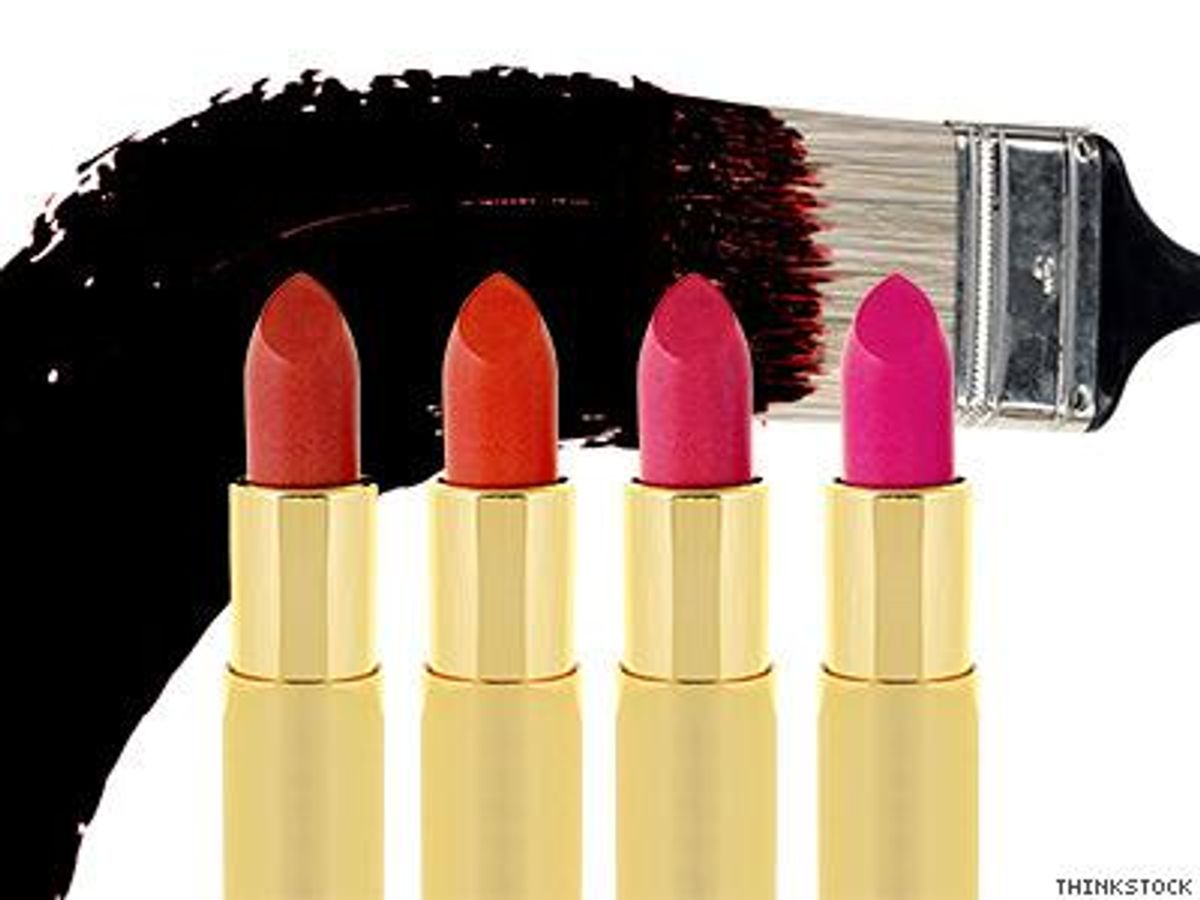By now, the entire queer Internet has seen the uproar that Mary Cheney caused when she wrote on her Facebook wall, "why is it socially acceptable [for men to perform drag] ... but it is not socially acceptable ... for a white person to put on blackface?"
It's a question that I've heard many times over the years, as a drag photographer working in San Francisco, Los Angeles, and Seattle. I've shot more drag performers than I can count, from the acerbic Heklina to elegant Killer to gross-out Christeene to the exotic Boulet Brothers to bio-female performers like Lou Henry Hoover and Wendy Ho.
After I heard the blackface comparison raised in reference to the movie Girls Will be Girls, I had to think long and hard about what makes drag different. It's a valid question, no matter what you think of Mary Cheney's politics (which in this context, really don't even matter). It's tempting to draw parallels between the two types of performance: they both rely on exaggerated stereotypes, they're both one group impersonating another group, and they both come from a long historical tradition that goes back to Shakespeare (and beyond).
But that's where the similarities end, and the overwhelming differences begin.
As I explain in my video (below), drag isn't actually an attempt to portray women in the way that blackface was a racist portrayal of African Americans. Blackface is a lie about a minority group, and drag is an exploration of gender.
And more importantly, drag queens are performing an aspect of themselves. When a man puts on a wig and heels, he's experimenting with his own relationship to "boyness" and "girlness." In contrast, a blackface performer isn't expressing the fluidity of his race. He's just creating a false depiction of someone else.
After all, we all perform drag to some extent. Every time you style your hair or put on so much as a sock, you're dressing up as a character that you've created. Mary Cheney, for example, seems to favor powersuit-drag. Yaaaaaas girl, executive realness!
RuPaul, who knows more about playing with gender than anyone alive today, famously said that we're born naked and the rest is drag. I love that quote because it gives you so much to look forward to every morning: as soon as you get up out of bed, the first thing you get to do is get creative and put yourself in face for the day.
Blackface limits us all. Drag lets us be anything we want.

















































































Viral post saying Republicans 'have two daddies now' has MAGA hot and bothered